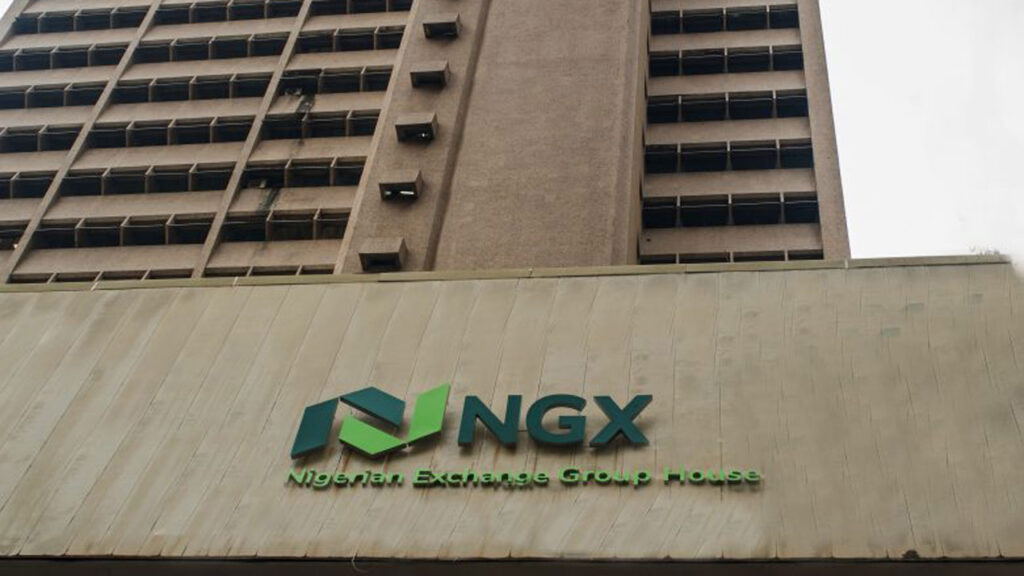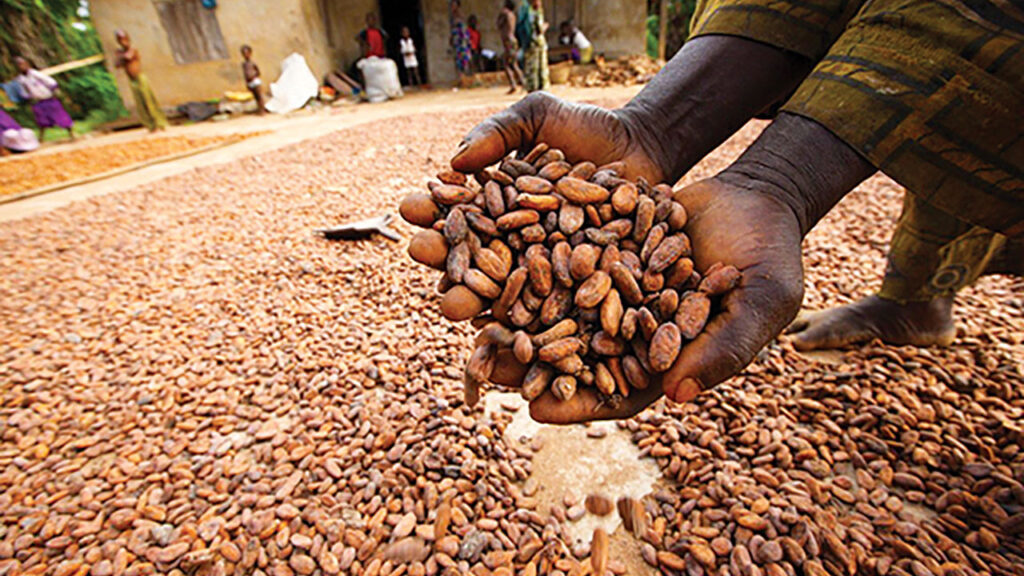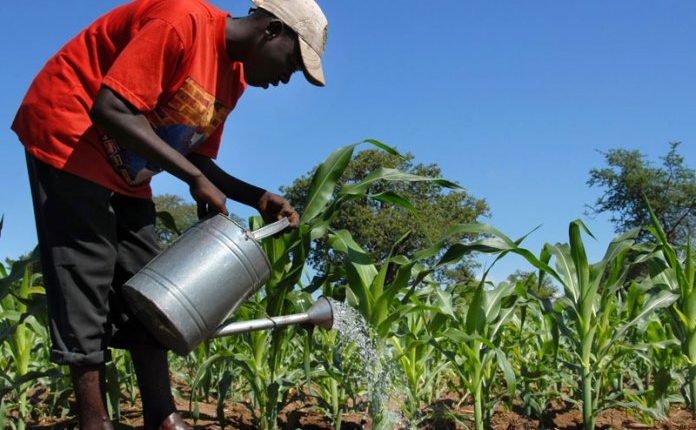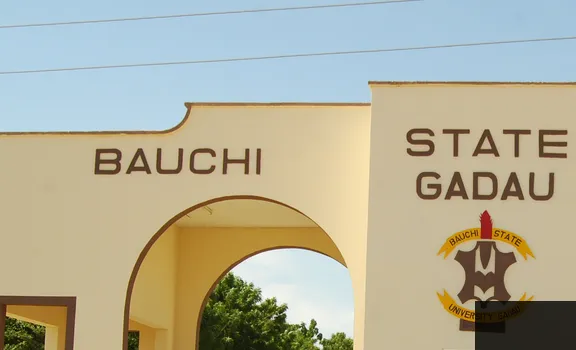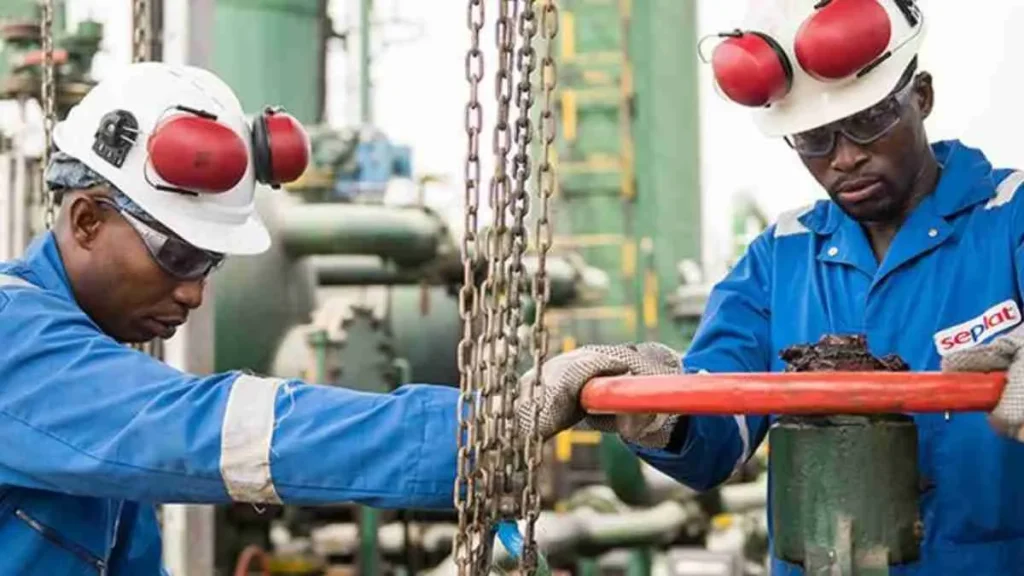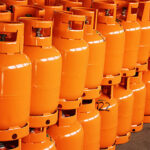
• ARDA worry over fossil fuel subsidy as Nigeria struggles with gas utilisation target
• Nations require 4 million MT to meet 2022 target
Stakeholders in the energy sector have expressed concern over poor access to clean cooking as over four billion people, or approximately half of the world’s population, face health challenges posed by fossil fuels.
United Nations, the African Refiners and Distributors Association (ARDA) and global players in the energy sector, who gathered under the umbrella of Liquefied Petroleum Gas for Sustainable Development Goal seven (LPG4SDG7) at an online meeting insisted that unless cooking gas is prioritized in the medium-term, energy poverty would persist.
Without cooking gas, millions of households depend on charcoal, wood and kerosene to cooking. This development posed grave implications of deforestation, health and environmental.
Although Nigeria and Ghana remain the leading LPG users in Sub-Saharan Africa, Africa’s most populous nation and leading oil and gas producer is still performing far below expectations, consuming only one million metric tonnes of LPG as of 2020.
The Federal Government had aimed at boosting the consumption to five million metric tonnes by 2022, just a few months away.
The Federal Government had last year put the nation’s total gas reserves at 203.16 trillion cubic feet (TCF), representing a marginal increase of 1.16tcf or 0.57 per cent from the 202tcf recorded in 2019.
Despite the huge resources, domestic consumption remained dismal.
With the launch of the LPG4SDG7, developing countries like Nigeria would be able to develop commercially-viable projects, create blended finance, ensure good practices and communication.
There are also indications that major companies, banks and development actors that came together under the body would accelerate the adoption of cleaner cooking across millions of households.
The move is also targeted at universal access to affordable, reliable, sustainable and modern energy for all, through growing markets for liquefied petroleum gas (LPG) for clean cooking.
Anibor Kragha, ARDA Executive Secretary, who spoke at the event, noted that the withdrawal of subsidy from fossil fuel, especially kerosene can improve the penetration of cleaner cooking sources.
Stating that SSA consumption has recorded 9.7 per cent compound-yearly growth rate over the past decade, Kragha said West Africa, mainly Nigeria and Ghana, have the largest LPG consumption in SSA while Central Africa has second-highest per capita consumption, especially Angola and Cameroon.
“Total SSA LPG demand splits 62per cent by 38per cent between West and Central Africa and East and Southern Africa. Nigeria remains the largest LPG consumer in SSA at 0.81mn MT (2019),” he said.
According to him, Kerosene and LPG are two evident competitors for the residential market as subsidized kerosene in many African countries results in its higher consumption compared to LPG.
Kragha noted that in Nigeria’s case, the removal of kerosene subsidies in 2016 resulted in a sharp increase in its product price and catalysed LPG uptake.
Speaking at the event, former United Nations Under-Secretary-General and Special Representative of the United Nations Secretary-General for Sustainable Energy for All, Kandeh Yumkella, said the initiative remained a critical platform for mobilising private sector investments for driving access to clean cooking services in developing countries.


